
CSIC Delegation in the Region of Valencia
If you are the contact person for this centre and you wish to make any changes, please contact us.
Director of the Institute of Neurosciences, a joint centre of the Miguel Hernández University of Elche (UMH) and the CSIC
Researcher at the Institute of Molecular and Cellular Biology of Plants (UPV-CSIC)
Professor of Theoretical Physics at the Institute of Corpuscular Physics (IFIC), University of Valencia - CSIC
Researcher at the Climate, Atmosphere and Oceans Laboratory (Climatoc-Lab) at the Desertification Research Centre (CIDE, CSIC-UV-GVA)
Senior Scientist in Social Sciences at INGENIO (CSIC-UPV)
CIDEGENT Distinguished Researcher
Researcher, Instituto de Física Corpuscular
Professor of the Department of Theoretical Physics & IFIC of the University of Valencia - CSIC
Coordinator of the CSIC Global Health Platform and researcher at the Instituto de Biomedicina de Valencia (IBV-CSIC)
CSIC Group Leader at the Institute of Neurosciences (CSIC-UMH)

Early-life adversity, such as separation from the mother, can alter the neurological functioning of mice, causing some to experience panic and anxiety later in life. A study shows that these changes can be passed on for at least two generations and that inhalation of a drug, the diuretic amiloride, can reverse them. According to the authors, this treatment could be used in the future to alleviate panic disorders and related conditions in humans. The results are published in the journal Science Advances.
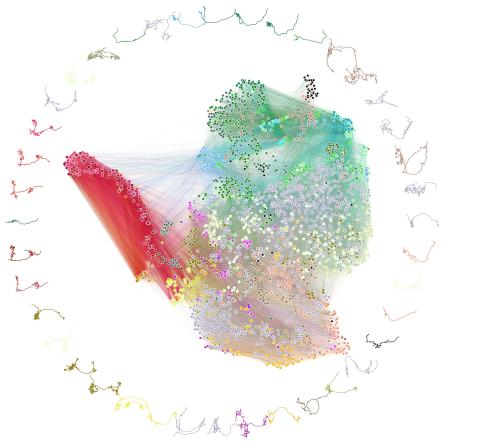
Researchers have presented the first connectome - a diagram of neural connections - of the whole brain of an insect, a vinegar fly larva (Drosophila melanogaster). The work, which the authors say will inspire new studies of neural circuits and machine learning architectures, is published today in Science.
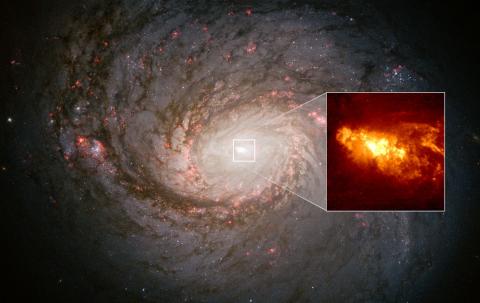
For the first time, the IceCube collaboration team has found evidence for high-energy neutrino emission from NGC 1068, an active galaxy 47 million light-years away with a supermassive black hole. The finding, made with the detector located under the Antarctic ice sheet, is published in the journal Science.

The Spanish Confederation of Scientific Societies (COSCE) has just published a report, submitted to the EU, which proposes and compares different possibilities for reform of the regulatory framework for genome editing techniques.

The IceCube collaboration, with its detector located under the Antarctic ice sheet, has used astrophysical neutrinos to search for changes in the structure of space-time. In the research, published in Nature Physics, the team analysed more than seven years of data and found no signs of a modified structure of space-time imprinted in the characteristics of these particles, a further step towards understanding quantum gravity.
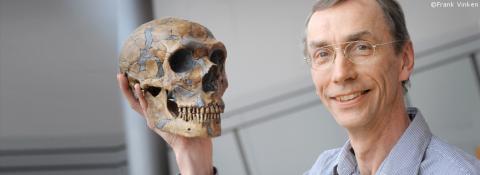
The Karolinska Institute has awarded the Nobel Prize in Medicine or Physiology to Swedish biologist Svante Pääbo, a specialist in evolutionary genetics, for his discoveries on the genomes of extinct hominids and human evolution.
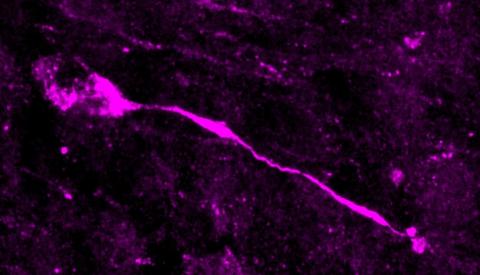
A single amino acid change in a protein (TKTL1) may have given modern humans an advantage over their older contemporaries, such as Neanderthals, by allowing greater neocortical neuronal formation, according to research published in Science.

A study published in PNAS sets out a worst-case scenario for current climate change, explains the likelihood of its occurrence and analyses the devastating consequences it would have. It also includes a research agenda to address it.
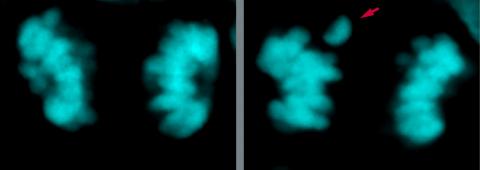
Compared to Neanderthals and apes, modern humans experience fewer chromosomal inheritance errors when their brains develop, according to a new study published in Science Advances.
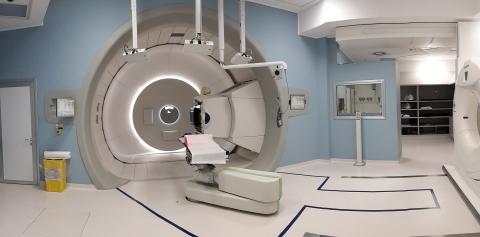
The Ministry of Health has announced the purchase of 10 proton therapy equipment for public hospitals of the National Health System in seven autonomous communities. They will be used to treat tumours, especially in paediatric patients. The cost of the equipment will be financed by the Amancio Ortega Foundation.